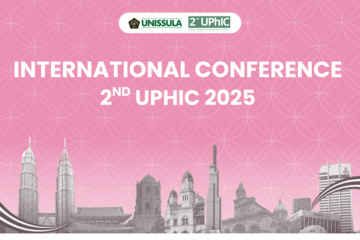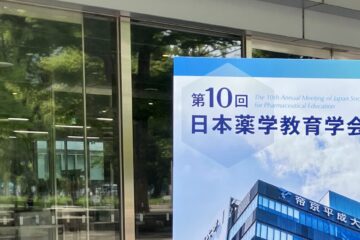2025 12th Asian Association of Pharmaceutical Schools (AASP)
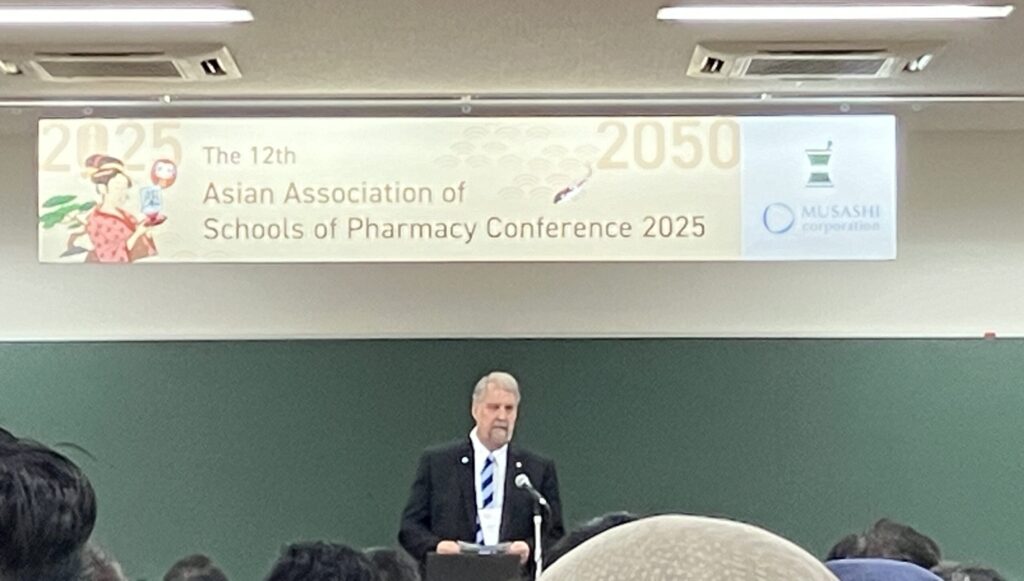
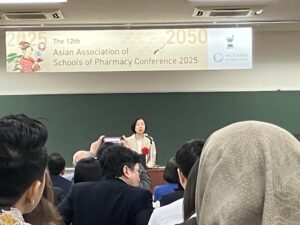 IN English
IN English
On Sunday, August 3, we participated in the AASP held at Nippon Pharmaceutical University in Saitama Prefecture.
The AASP is a forum for pharmacists and those involved in pharmaceutical education in Asia to present their research.
This time, at the invitation of Professor Kenji Sugibayashi, Executive Director of Josai University and Special Honorary Professor at International University, Mifo Tamura, Co-Chair of the Pharmacists’ Ethics Society, presented “Legal and Regulatory Barriers to Pharmacist-Driven OTC Drug Use in Japan: A Case Study of Loratadine Use in Nursing Mothers.” The content builds upon the findings presented at last year’s Japanese Pharmacists Association Academic Conference.
The poster attracted several questioners and visitors, and we responded in both Japanese and English. Professor Amy from the UK 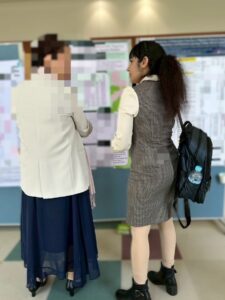 showed particular interest in regulatory issues, and we agreed to continue our discussions via email.
showed particular interest in regulatory issues, and we agreed to continue our discussions via email.
While I had sensed that the legal and regulatory issues surrounding OTC drugs in each country are often overlooked, conducting this research and presenting the findings highlights that the challenges related to insurance coverage and switch OTC drugs in Japan cannot be addressed through simple institutional reforms.
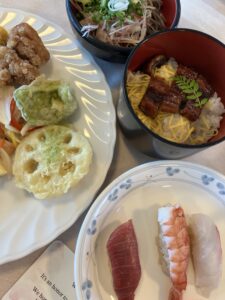 During the two-day conference, we utilized the university cafeteria for lunch.
During the two-day conference, we utilized the university cafeteria for lunch.
There is no culture of packed lunches overseas. Therefore, lunch was served in a buffet style with both Western and Japanese cuisine. Additionally, since there were many Muslim attendees, halal dishes were also prepared, such as plentiful fruits and salads with extra beans. Of course, attendees could enjoy a variety of dishes, including sushi, sashimi, eel, roast beef, pinchos, and the chef’s signature vichyssoise.
A conference is a place for presenting research. Therefore, regardless of how renowned the university or researcher may be, if the 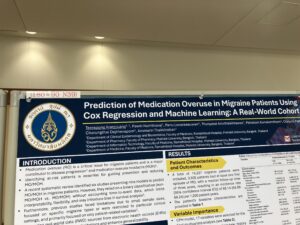 audience has questions or objections, they will not hesitate to ask them. Regardless of whether the presenter’s English was good or bad, if an issue arose that the presenter could not address, online participants would respond, and if the questioner was not satisfied with the answer, they would return to the microphone. This scene of equality and fairness was something I had rarely seen at Japanese conferences I had attended. Each person seriously considers research and engages in discussion—this is the true nature of a conference, I believe.
audience has questions or objections, they will not hesitate to ask them. Regardless of whether the presenter’s English was good or bad, if an issue arose that the presenter could not address, online participants would respond, and if the questioner was not satisfied with the answer, they would return to the microphone. This scene of equality and fairness was something I had rarely seen at Japanese conferences I had attended. Each person seriously considers research and engages in discussion—this is the true nature of a conference, I believe.
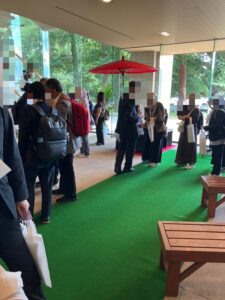 The next poster presentation will be held on August 23 and 24 at Teikyo Heisei University as part of the Japanese Society for Pharmaceutical Education.
The next poster presentation will be held on August 23 and 24 at Teikyo Heisei University as part of the Japanese Society for Pharmaceutical Education.
In terms of education, I hope to discuss pharmacists’ stance and awareness regarding the handling and sale of over-the-counter medications, as well as their basic knowledge and ability to respond to self-medication.
The faces of Japanese participants are blurred out.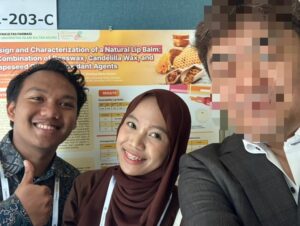
For foreign participants, since there was a discussion about whether researchers should hide their faces, we left them as is. Please understand.
